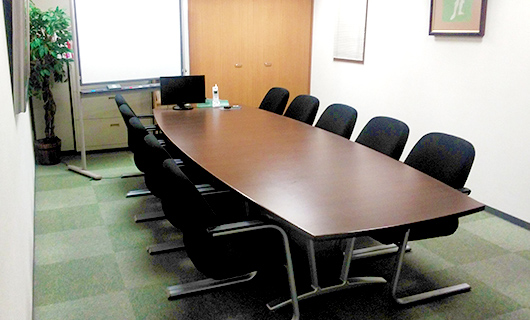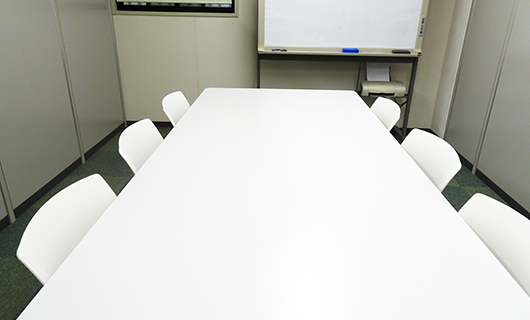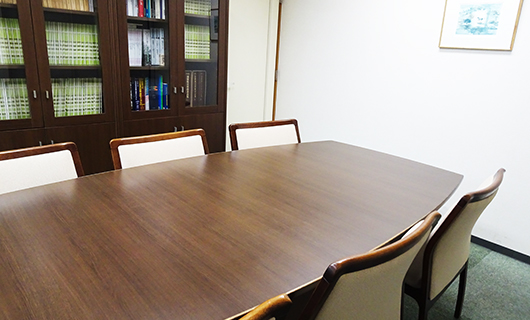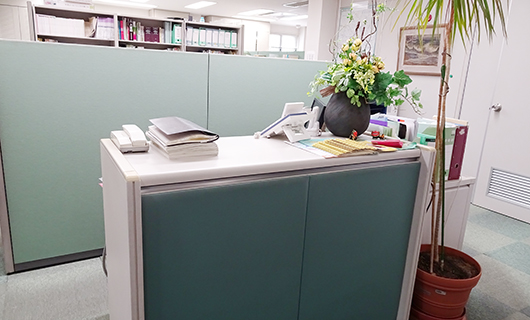-
information
Legal Consultation
Since established in April 1998, Kuretake Law Office has been trusted and counted on not only by our clients but also by courts. Our dedication to family law cases, such as divorce, child custody, visitation and inheritance, is outstanding,
but those are not only areas in which we have advantage.
Our services cover a wide range of areas, including personal injury, debt collection,
bankruptcy and rehabilitation, contracts, estates, and business.
We always put a higher priority on amicable solutions.
We offer solutions through mediation,
court conciliation and alternative dispute resolution if those are in line with our clients’ needs and desire.
However, when a peaceful solution is not considered the best one for our client,
or when it doesn’t seem to be practical or feasible, we, without hesitation, take an assertive,
offensive strategy in pursuit of the justice. Every member of Kuretake Law Office has broad experience in litigation.
We understand the loneliness and helplessness you are feeling when you are involved in legal disputes in this foreign country for you.
The Japanese law and legal system may be completely different from yours.
Legal consultation to experienced lawyers admitted in the Japanese jurisdiction in the early stage will surely reassure you and tell you what to do for the moment. Fumiaki Isogae (Mr.) is ready to be consulted in English.

Large Conference Room on 2nd Floor

Conference Room on the Ground Floor

Middle-Sized Conference Room on 2nd Floor

Reception
Contracts elaborated in accordance with the related Japanese law and judicial precedent are essential to avoid possible disputes in the future, whether in business or in private lives.
We are capable of making contracts from scratch as well as of checking drafts. *
* We deal with Japanese-language contracts only.
We understand that facing with a legal dispute in a foreign country puts you in the toughest and even traumatic circumstance, causing loneliness and helpless feeling.
WE are here to listen to you carefully, provide you with the legal advice you need and walk along with you through such difficult time of your life.
We make a point of offering advice on what should be done at the moment.
With insufficient information and ongoing situation, our answer might not always be perfect.
Nonetheless, we try to offer you the best answer that we can at the moment.
We analyze all evidence, favorable or unfavorable, thoroughly, considering the latest law and judicial precedent.
Based on the analysis, our advice might be a little bitter to swallow. However, it might be the best option in the long run.
Kiyotaka Ikeda (Mr.), a partner of our office, is a lawyer as well as certified public tax accountant.
Outside the office, we have affiliation with experts in other areas, including tax accountants,
shiho-shoshi (solicitor) and psychologists.
We are also willing to cooperate with the attorneys you retained in your country.
We value the rights and welfare of children over any other things in cases where children are involved. We take the measure that least hurts children whether in litigation or in settlement.

The first thing that you must confirm is whether the courts in your country have jurisdiction over your possible divorce case.
If they do, it would be much easier for you to get through the procedure in your country than in Japan.
Please also confirm whether the rulings of the courts in your country are effective in Japan, too.
Please note that some courts denied the effectiveness of rulings by the US courts because the service didn’t abide by the Japanese Civil Procedure Act.

On the contrary, the Japanese Family Courts are likely to have a jurisdiction if a respondent lives in Japan. And, the Japanese laws are applicable if either you or your spouse is a Japanese citizen.
Under the Japanese Civil Code, married couples can get divorced either by mutual agreement (Kyogi-Rikon) or through court procedures.
However, since many countries admit only court-involved divorce as official one, we recommend international couples to get divorced through court conciliation procedure, so called Rikon-Choutei, even if you and your spouse have virtually reached an agreement on divorce.
In the conciliation, couples discuss and decide many things including;
While parental authority is exercised jointly by both parents during their marriage, it shall be exercised only by either one of them after divorce. Therefore, parents should decide which one takes this authority.
If you fail to reach an agreement on divorce in the conciliation procedure, you are supposed to file a divorce suit with a family court.

The Convention on the Civil Aspects of International Child Abduction (The Hague Convention) entered into force on April1, 2014.
The trans-boundary removal of a child can pose a negative effect on the child as that would force the child into a new living condition disconnecting relations with one of the parents, relatives or friends and force him or her to adapt to a different language and culture.

In order to protect the child from such environment, the Hague Convention prescribes international cooperative schemes in which the child shall be returned promptly to the state where the child habitually resided, or contacts between the abducted child and the left-behind parent shall be resumed.
The procedure starts with the left-behind parent’s application for the support of the Central Authority either in the removed or relocated country.
Upon receiving the application, the Central Authority (CA) examines the case and decides whether it initiates the support to the applicant.
The CA has an effective way to find the child’s whereabouts with the support of local governments, educational boards, police, and so on. The CA can urge the taking parent to start discussion with the left-behind parent about solution.
ADR (Alternative Dispute Resolution) provided by some organizations, including bar associations, is available.
The left-behind parents can file a lawsuit with Tokyo District Court or Osaka District Court in accordance with the place where your child is detained. Generally speaking, court proceedings are expedited to reach a conclusion within 6 weeks from the petition.
You can use court conciliation in order to discuss the entire solution during the litigation.

Under the Japanese Civil Code, heirs of the deceased succeed both his/her property and debts. Therefore, if the debts exceed the property, the heirs need to declare the refusal of succession within 3 months from the day succession occurred.
The assets will basically be divided by agreement among the heirs or in accordance with the will of the deceased.
The Japanese system may be quite different from the system of other countries. Unless there is a written will of the deceased, heirs are responsible to find assets, pay debts, and distribute the assets to the other heirs.

Usually, the heirs try to get out-of-court settlement first off, but if they fail, they use the court conciliation procedure provided by the Family court.